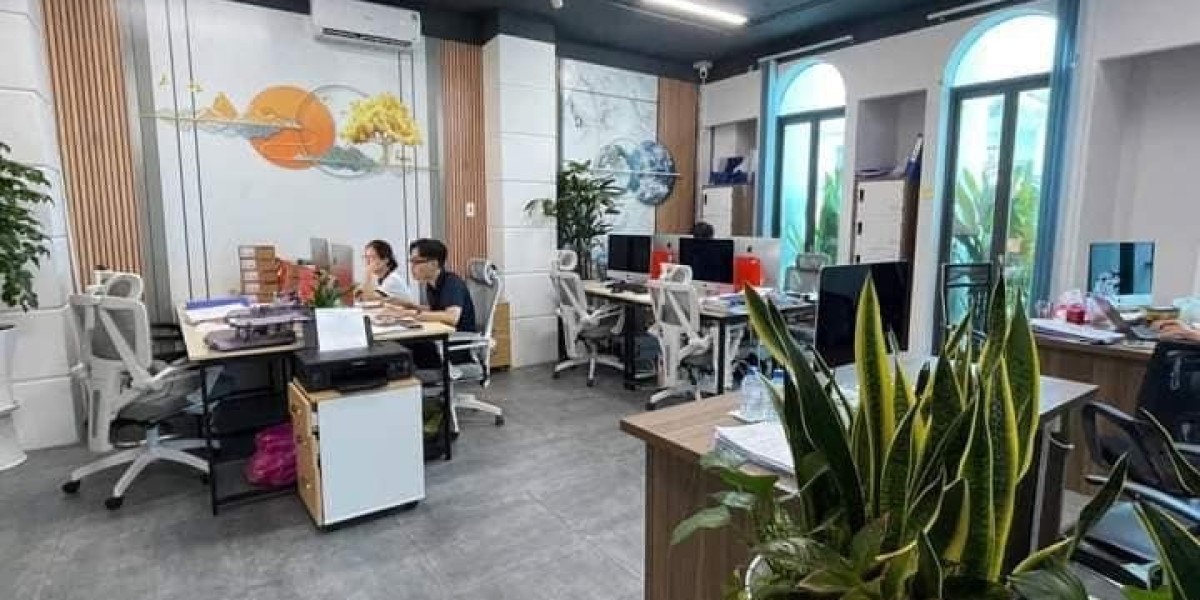
In the current times, developments in the field of agriculture in the type of ex-vitro plant proliferation have actually shown beneficial to the man kind. One such plant, which has actually been developed by ex-intro, is jatropha curcas, discovered in large amounts in Indonesia. This plant consists of 25 to 35 percent oil and can be used to produce biodiesel, saving land, and an increase in the income of farmers.
Earlier, there were particular obstacles while growing the jatropha curcas plant. To start with, the propagation and transport of the seedlings of Jatropha was costly and lengthy. The soil in which, it grows is low in performance causing the plant to decay and have illness and last but not the least, the jatropha curcas plant takes considerable time to adjust itself, to the brand-new environment.
Observing all these difficulties, the farming professionals advocated ex-vitro Jatropha propagation. The ex-vitro of Jatropha dealt with the obstacles, dealt with earlier of planting it. The seedling procedure was made quick and low-cost. The expense of transportation was lessened, as the seedlings were planted nearby, in the location of the plantation. Mother plants were selected from the very same location, which did not need the seedlings to adapt themselves, thus saving time.

The ex-vitro Jatropha approach embraced in the plant proliferation plan had root culturing as its basis, where the shoots were grown outside the field in the glass vessels. The platelets grown from this, was instantly seasoned in the green house. The seedlings were highly heterogeneous, in character and hence, high level of proliferation was possible.

The ex-vitro jatropha curcas approach proved to be economical. Great care was taken to supply ecological and nutritional worth to the plant. Soon, after adopting ex-vitro for jatropha plant, the 2 months plantlets were all set to be planted in the field. Rooting was achieved, in around three weeks. The federal governments in many nations are taking efforts to encourage the farming researchers to develop jatropha plant proliferations through ex-vitro approaches, which are less expensive and sustainable. There are numerous institutes, which train individuals about, this method to increase production.
The institutes participated in ex-vitro jatropha approaches of plant proliferation took utmost care in nurturing the plants by producing natural conditions. For example, jatropha grows in well drained pipes soil and is dry spell resistant. The ex-vitro technique likewise, increased the level of seedlings, which were free from insect and illness. This technique of ex-vitro of jatropha curcas proved basic and affordable and the seedlings were close to their parent, thus, avoiding complications.
There are specific elements that can affect the ex-vitro development in jatropha curcas plants. They are aspects like sunlight, humidity, nature of soil and other weather conditions. Hence, care has actually to be required to change these aspects to suit ex-vitro.







